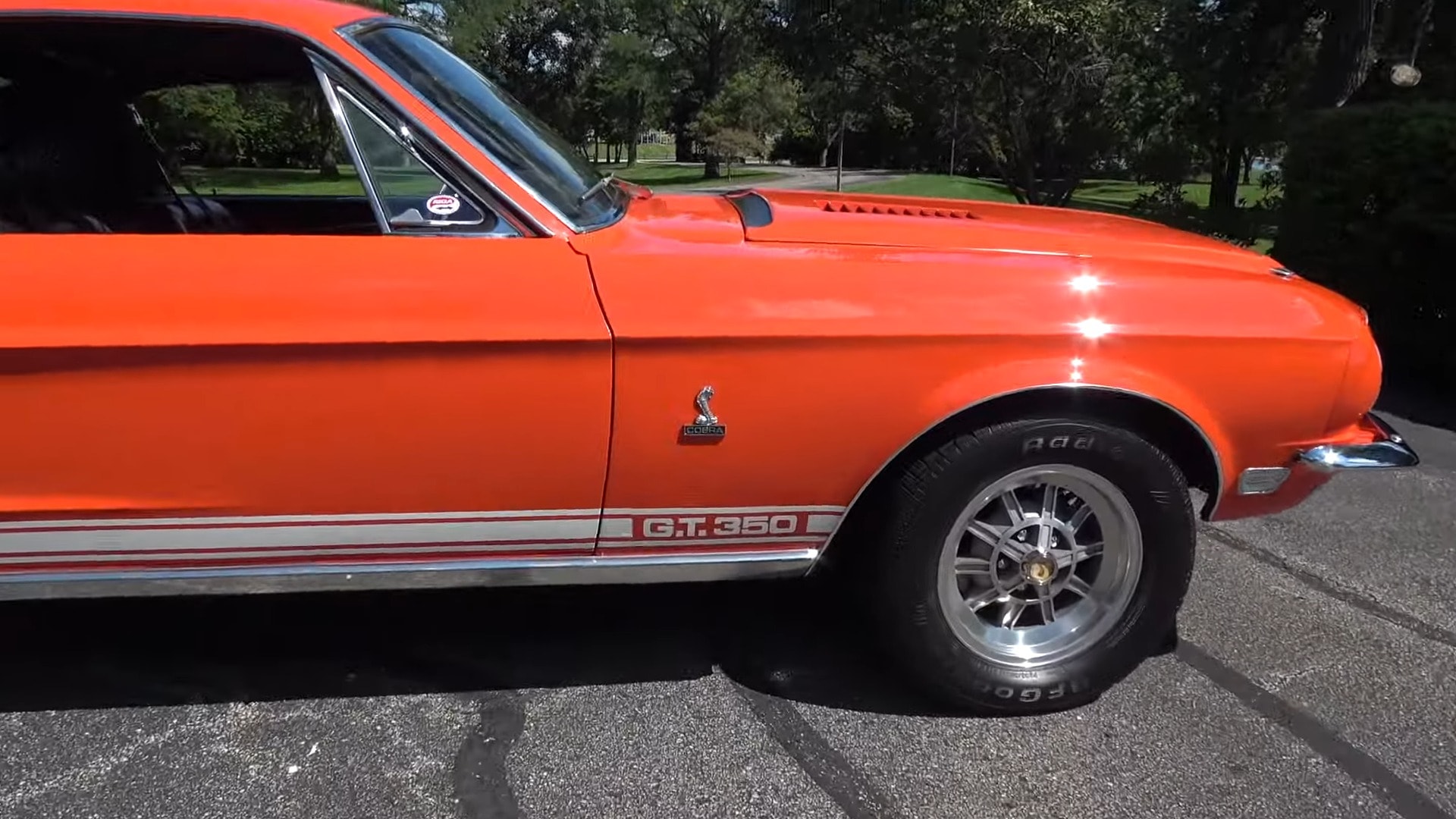The year 1968 marked a significant turning point for the iconic Shelby Mustang. A dramatic shift occurred in both its appearance and performance, reflecting the evolving automotive world. While it was the most successful year for sales, it also marked the end of Carroll Shelby’s involvement with Ford, as the company took over the assembly of Shelby Mustangs.
With the horsepower wars intensifying, Ford, fresh from their back toback victories at the 24 Hours of Le Mans, was pushing the boundaries of performance. However, changes implemented by the International Automobile Federation, including a cap on racing engine displacement, forced Ford to adapt. In response, they introduced the 302 cubic inch small block V8, a 4.9-liter engine that would later gain legendary status as the Boss 302.

This new engine made its debut in 1968, and Shelby Mustangs were quick to adopt it, replacing the iconic K-code 289 V8. While the 289 had previously delivered impressive power figures, the 302, despite being smaller, offered a significant performance boost. The 1968 Shelby Mustang lineup showcased the new engine, although with slightly reduced power compared to its predecessor.
The 289, used until 1967, generated 306 horsepower and 329 pound-feet of torque. In contrast, the 302-powered cars in 1968 produced 250 horsepower and 310 pound-feet of torque. Shelby Automotive also offered a Paxton supercharger as an option for the GT350 model.
Despite its impressive power output, matching the legendary 428 Cobra Jet, the supercharged Shelby Mustang remains a relatively uncommon sight. The high price tag for the supercharger likely deterred many potential buyers. Of the 1,657 GT350s produced in 1968, only 404 were convertibles, making them even more sought after.
Terry Skweres, the proud owner of a GT350, has cherished his car for over two decades. With a low mileage of 48,146 miles, this Calypso Coral example is a true survivor. The car’s livery was refreshed after Skweres acquired it, and it features a four-speed manual transmission and a 2.75:1 rear differential.

Skweres has maintained the car’s original character, apart from the color change from Lime Gold to Calypso Coral. This unique hue is even more special as Calypso Coral wasn’t offered on Ford Mustangs in 1968.
While the car’s performance is impressive, viewers have noted a potential valve adjustment issue. Despite this minor detail, Skweres’s 1968 Shelby Mustang GT350 remains a one of a kind classic. The car’s rarity and unique characteristics make it a highly desirable collector’s item.
Its combination of power, style, and historical significance has solidified its place in automotive history. The GT350’s legacy continues to inspire enthusiasts and collectors around the world, and Skweres’s car is a testament to the enduring appeal of this iconic muscle car.

